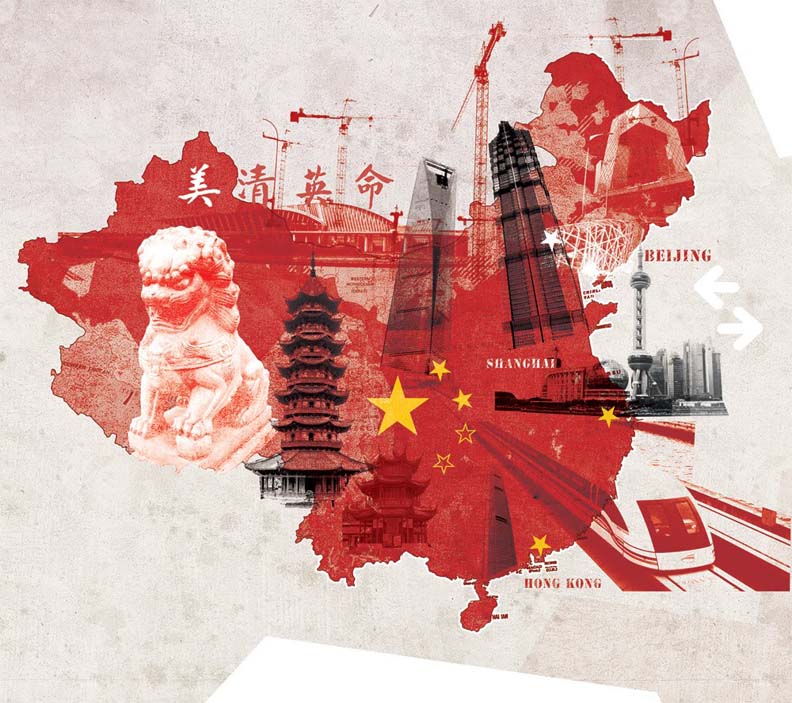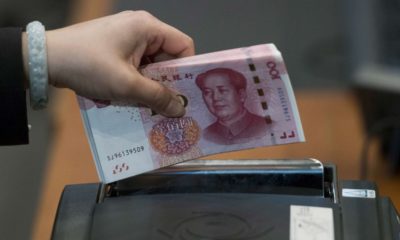China faces deeper woes as demand weakens, particularly in the shadow of a lingering property crisis.
The latest official data, released on Friday, reveals a complex picture of the nation’s economic health, with industrial output and retail sales showing expansion in November.
However, analysts caution that these figures may be misleading due to favorable year-on-year comparisons when China was grappling with the initial impacts of Covid lockdowns.
While the official data suggests positive trends, experts argue that when compared to more typical periods, both measures of economic activity reveal signs of weakening.
The persistent turmoil in the property sector exacerbates concerns, as indebted developers struggle to sell new homes effectively.
Larry Hu, the Head of China Economics at Macquarie Group Ltd., pointed out, “Discounting the base effect, it’s obvious that China’s economy slowed further in November, especially in terms of retail sales and property.”
The property crisis has taken a toll on various economic indicators. Property development investment has plunged by 9.4% this year, reflecting the broader challenges faced by the sector.
Home prices, particularly in the secondary market, experienced their most significant decline in nine years, deepening the slump.
China’s economic recovery, which had already been hampered by the ongoing real estate crisis, faces additional pressure due to deflationary forces, indicating persistent weakness in consumer confidence.
The government, led by President Xi Jinping, now confronts heightened expectations to implement supportive measures for the economy as it strives to achieve ambitious growth goals in 2024.
Last month’s data is unlikely to alleviate concerns among investors regarding the sufficiency of the stimulus measures implemented thus far.
For instance, retail sales, a crucial economic indicator, reportedly fell by 1.9% last month compared to October, according to calculations by Macquarie economist Larry Hu.
This decline contrasts with the double-digit year-on-year growth reported in official data.
Louis Kuijs, the Chief Economist for Asia Pacific at S&P Global Ratings, emphasized that growth in retail sales, industrial output, and fixed-asset investment all weakened in November compared to October and 2019 levels.
He stated, “It’s very hard to see the economy growing significantly or people’s confidence improving significantly.
More needs to be done, apparently, just looking at how dire the situation is.” As China grapples with a multifaceted economic challenge, the need for decisive and strategic policy measures becomes increasingly apparent.

 Billionaire Watch3 weeks ago
Billionaire Watch3 weeks ago
 Startups4 weeks ago
Startups4 weeks ago
 News4 weeks ago
News4 weeks ago
 News4 weeks ago
News4 weeks ago
 Bitcoin4 weeks ago
Bitcoin4 weeks ago
 Naira4 weeks ago
Naira4 weeks ago
 Forex3 weeks ago
Forex3 weeks ago
 Treasury Bills4 weeks ago
Treasury Bills4 weeks ago























